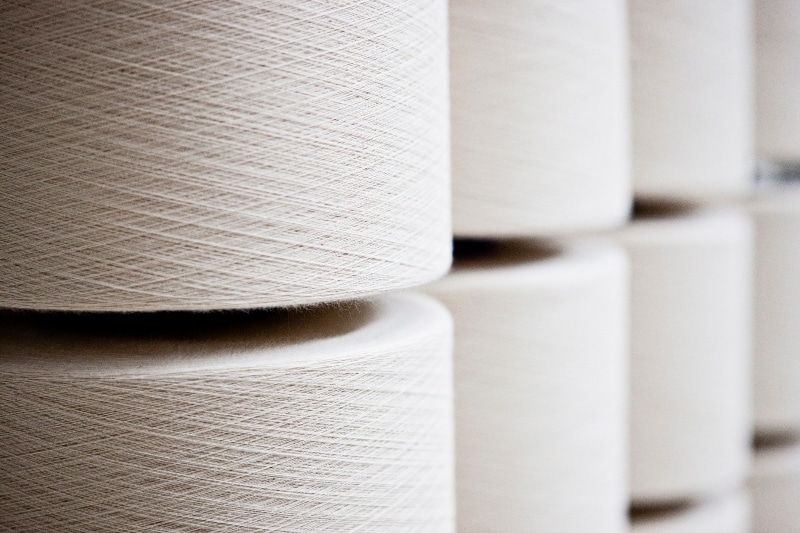It has been reported that the Indonesian textile industry will produce 3.9 million tonnes of textile waste in 2030. With 92 million tonnes of textile waste generated yearly, it has been highlighted how the current model is not sustainable, and that the industry should invest in sustainable solutions.
Some key barriers in implementing circularity, including a large upfront investment, smaller margins, as well as established consumer habits. However, Indonesian players are taking some encouraging steps.
For instance, the Indonesian Textile Association (API) has revealed that the government is preparing incentives for the textile and textile product industry. Equipping the industry with more advanced machinery is seen as one of several requirements needed for lowering the amount of waste generated. Meanwhile, sector experts have recently highlighted that the textile industry has the opportunity to capitalize on Indonesia’s vast market.
In line with this, Indonesia’s Ministry of Industry is renewing its machine/equipment restructuring program, focused on the fabric perfecting and fabric printing industries, offering a discounted price of 10% of the total investment in imported machinery/equipment, increased to 25% for domestically produced machines/equipment.
(Sources: Indotextiles; The Jakarta Post)
